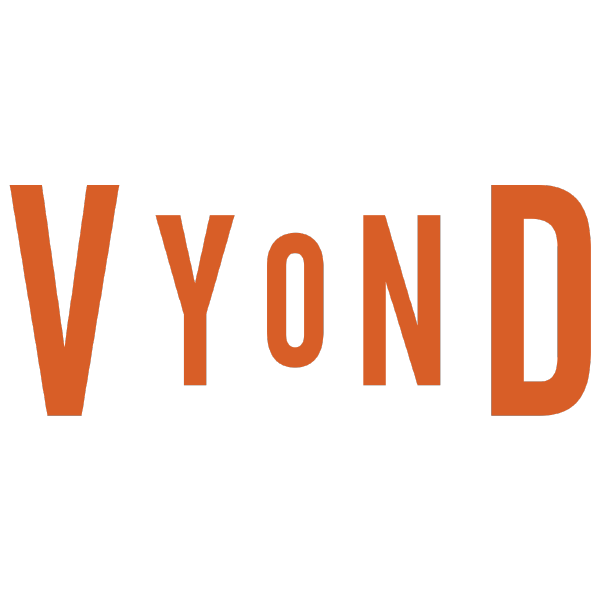ATD Blog
A Case for Generalization in L&D
Fri Sep 24 2021

When I was coming up in L&D, mentors and well-respected career advisors encouraged me with the idea that it was favorable to embrace a specialization.
I understand that concept; when I am planning a bespoke event, certain vendors readily come to mind. When building software engineering programs, it makes sense to partner with someone who knows their way around IEEE standards.
It makes sense too that L&D leaders specialize in what learners need most at this moment in time. I marvel at my colleagues who focus their whole breadth of knowledge and experience on building a personal brand around skills that few people have mastered yet many need.
Right now, for example, many L&D leaders are emerging with a specialization in developing and enabling bite-sized, multifaceted, asynchronous, learning programs. Last summer, it was the demand for diversity, equity, and inclusion training that soared. We’ve also recently experienced a heightened need for content related to mental wellness, as we’ve watched our world unravel, igniting the need to refocus on self-care and balance.
I understand why so many of us are drawn to specialization. Indeed, many of us seek out specialists when solving problems of our own. I may see an ophthalmologist rather than an optometrist if I have a concern with my eyesight. I have a great love of bread, so I’m visiting the bakery rather than the grocer.
If you’re successful enough to court the niche market, by all means, do it.
Having said that, my approach as a learning experience designer and developer has always been to maintain the agility necessary to pivot to meet the current needs, emergent or otherwise.
It was important for me to stay ahead of the trends in my L&D practice when designing content for clients. If I had an opportunity to partner with what some would consider the less exciting gigs (heavily regulated environments where SOPs and quality docs were the drivers of content), I would take the engagement. Those experiences unlocked further contracts in pharma, utilities, and finance. If I wanted to really explore artificial intelligence or machine learning, I took those opportunities to work with robotics, invasive medical devices, or self-driving cars.
As a one-woman business owner, having the end-to-end hands-on experience meant I was positioned to explore opportunities, availing me of more leverage with companies I wanted to work with. The beauty for me was learning so much! One month, I would shadow tree-cutters for a major electrical utility company. The next, I would observe and assess the needs of robotic engineers in the UK.
I’m still a lifelong learner. These opportunities often introduced me to more authoring tools and systems to support the expanding modality. I love it because my work life was never boring and I learned tons about industries, roles, policies, and methodologies.
I’m not espousing unicorn-ism (unless that’s your jam), but going further in the direction of generalization did allow me to maintain a good life for my tiny family.
Recently, I heard an interview for the SAG-AFTRA Foundation’s Conversations at Home from Billy Porter, the great entertainer, that resonated with me from the early days of my practice and certainly has held up during these unprecedented times:
\[…\] he said to me, “You have to choose one thing. You can’t do it all.” And I said, “Why?” And he said, “Because you just can’t. It doesn’t work that way.” And I said, “With all due respect, I don’t have the luxury of choosing just one thing.” \[Now,\] every dream I’ve ever had and every space I’ve ever wanted to be in is happening right now simultaneously. Don’t let anybody tell you no; that’s the lesson. Don’t let anybody tell you what you can and cannot do.

